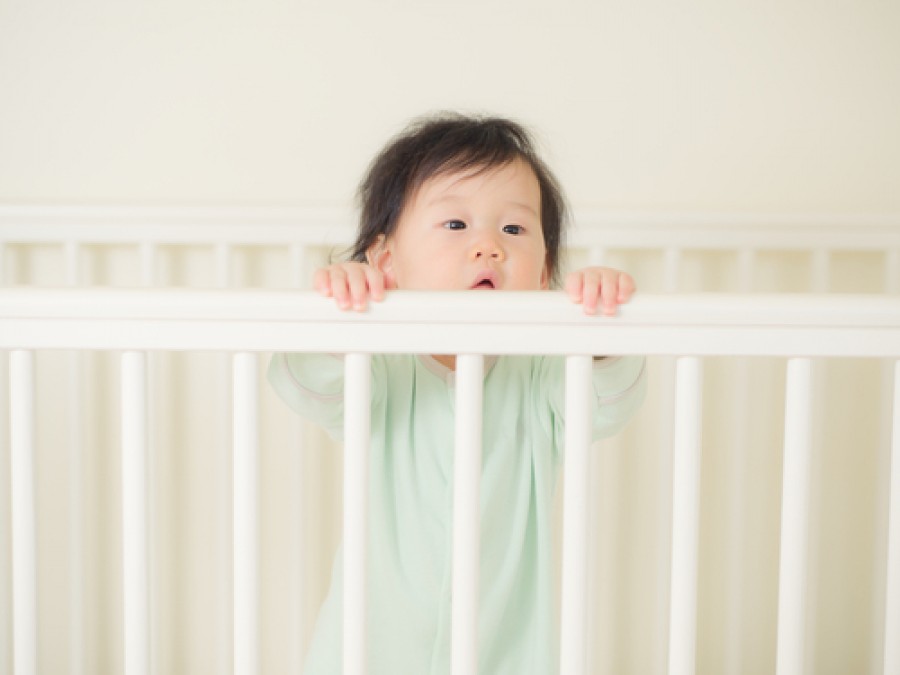Dealing with Physical Aggression in Babies
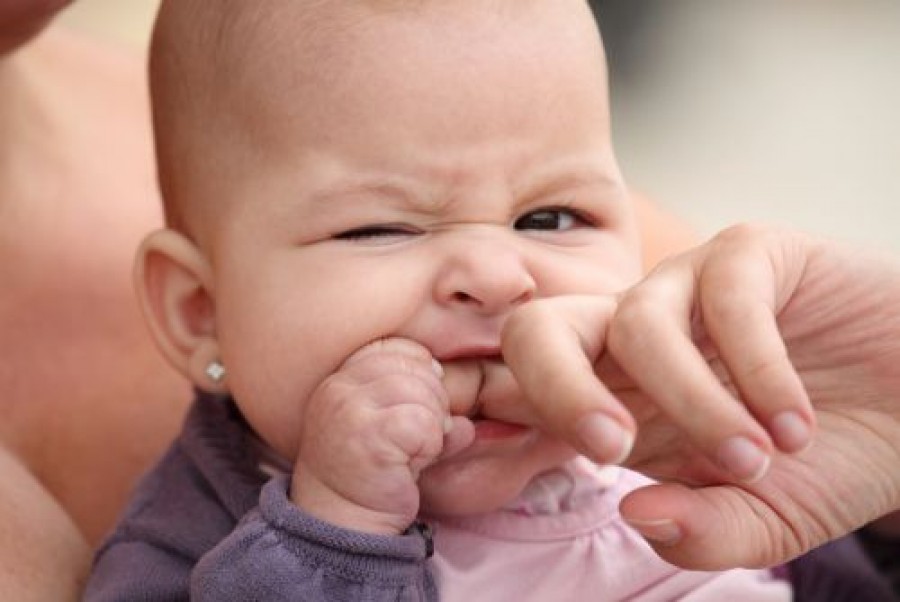
Parenting can come with many challenges. Some are things that we know about and expect, while others may come as complete surprises. One thing that often comes as a complete surprise to many parents is when their baby starts to bite, hit, or exhibit other forms of physical aggression. These behaviours can be shocking and may concern you, but it’s important to realize that these behaviors are completely normal and an expected part of your child’s development.
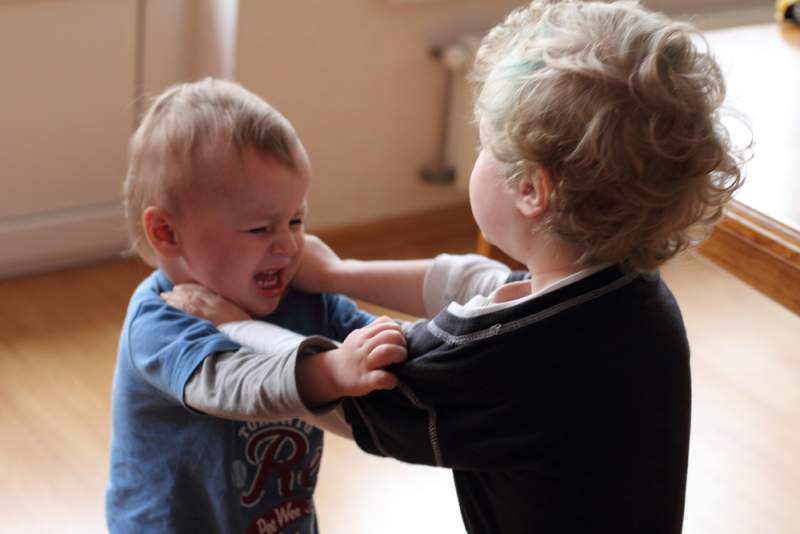
Why Babies and Toddlers Hit and Bite
Babies and toddlers don’t understand societal expectations and what forms of behaviour are acceptable and what forms of behavior are not acceptable. They also haven’t mastered the ability to communicate well and don’t have the capacity for empathy of others. These things can be a struggle for babies and toddlers and can lead to them lashing out physically. There are different reasons that babies and toddlers may show physical aggression such as biting and hitting.
1. Exploration
Often times, the first cause of a baby biting and hitting is that they are trying to explore the world around them as well as their limitations. Babies explore with all of their bodies including their mouths. Putting things in their mouths is a very common form of exploration and biting is often a part of that exploration. They may bite or hit another person simply to find out what happens when they do so.
2. Power Struggle
Babies and toddlers can often feel powerless in a big world full of big people. They may struggle to communicate clearly and feel like they don’t easily get what they want. The reactions that tend to come with biting, hitting, and other forms of physical aggression can make them feel more powerful.
3. Emotional Outlet
Another big cause of babies showing physical aggression is that it allows them to express and release negative emotions. Babies and toddlers often don’t have the ability to communicate their feelings and desires well. This can lead to stress that can result in physical aggression. For example, if another child takes a toy that they want, they may feel stressed, angry, sad, or disappointed. These big emotions can be a lot for little people to handle. They don’t know how to deal with them so they simply act out of the emotions by biting, hitting or something similar.
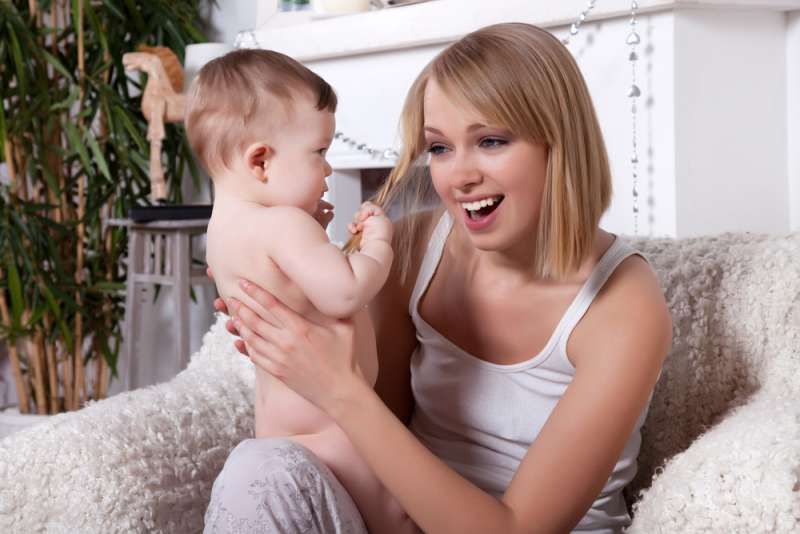
Different Forms of Physical Aggression
Biting and hitting are very common forms of physical aggression that your baby or toddler may exhibit, but they are not the only thing that your child may do. The forms of physical aggression that your baby or toddler may show include:
- Biting
- Hitting
- Pulling hair
- Pulling on other things like arms or clothing
- Pinching
- Shoving
- Kicking
How to Deal with Physical Aggression in Babies and Toddlers
When your baby or toddler exhibits physical aggression, it can be shocking and upsetting. It’s not at all unusual to feel stressed, disappointed, frustrated, annoyed, or even angry. However, it is not good to act on these feelings. The most important thing you can do when you react to your child’s negative behaviour is to stay calm. Staying calm in a stressful situation can set a great example to your child about how they should act as well. There are some specific things that you can do when your child shows physical aggression.
1. Be Repetitive
Anytime that you are trying to teach something to a baby or a toddler, you must be repetitive. Being repetitive is key in actually getting small children or babies to remember something and act a certain way. Decide ahead of time how you’ll react when this behaviour arises and react the same way each time. Saying something as simple as “No biting”each time that they bite can help them to learn that it isn’t okay to act that way.
2. React Quickly
In order for your baby or toddler to understand the connection between their negative behaviour and your reaction to it, you must act immediately as soon as the negative behaviour occurs. Waiting, even for just a couple of short moments, can cause your child to no longer understand what you are reacting to. Very young children have little attention spans so not reacting to something immediately can cause them to simply forget what they even did.
3. Remove Them from the Situation
It’s a good idea that if your child does something to hurt another child to immediately remove them from the other child. Similarly, if your child does something to hurt you, put them down or move away from them right away. This can help teach them that their behaviour is unwanted.
4. Help Your Child Express Emotions
The big emotions that your baby or toddler feels can be very overwhelming for such tiny people. One thing that can help is to try to give words to your child’s feelings. You could tell them something like “I’m sorry that you’re feeling sad, but we do not hit.”
5. Supervise Closely
If you know that your child is prone to biting or hitting or any of the other forms of physical aggression that your child may express, you should keep an extra careful eye on them. Pay attention, especially when your child is playing with other children to help give you the chance to stop the negative behaviour before it actually even occurs.
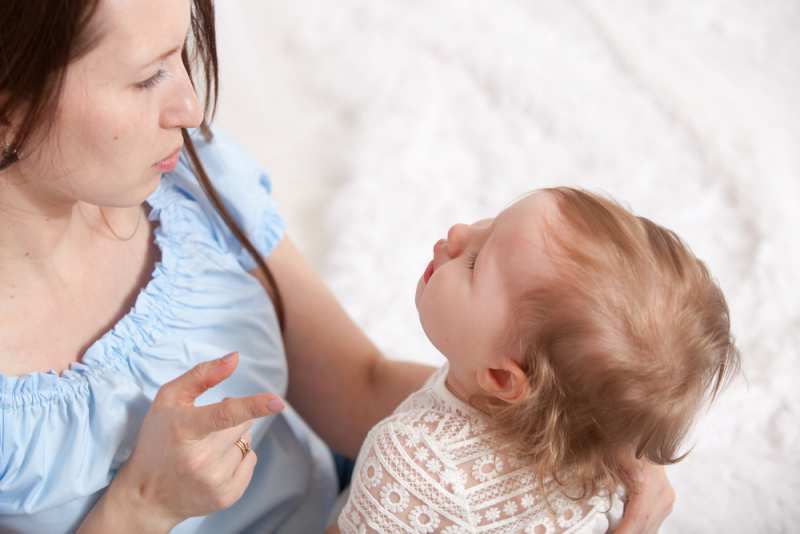
What Not to Do
When your child expresses forms of physical aggression, either to you or other children, how you react is very important. Sometimes it can be hard to know what to do and what not to do. Sometimes knowing what not to do is just as important as knowing what you should do.
1. Don’t Laugh
Sometimes, especially when your child is still only a baby, you may think it’s funny or even cute for the baby to hit and bite. This is typically before the behaviour starts being painful, although some babies are painful from the start. By laughing and not taking the behaviour seriously, you are showing the baby that the hitting and biting are funny and they will likely try to turn it into a game continuing it long after you stop laughing.
2. Don’t Get Angry
Feeling angry is one thing, but don’t allow yourself to react negatively when you’re trying to teach your child positive habits. Children tend to copy what they see, so if you remain calm, it will teach your child to remain calm even when they are upset.
3. Don’t Bite or Hit Your Child Back
Some well-meaning people may give you the very bad advice to do to your child what they do to you. The concept here is supposedly to teach the child that things like hitting and biting hurt and therefore they shouldn’t do them. However, toddlers and babies aren’t able to feel empathy yet. For this reason, if you do something to hurt your baby, they won’t realize that they hurt you first, they’ll just know that they are hurt themselves. Copying the behaviour that you want your child to stop only teaches them to continue that behaviour.
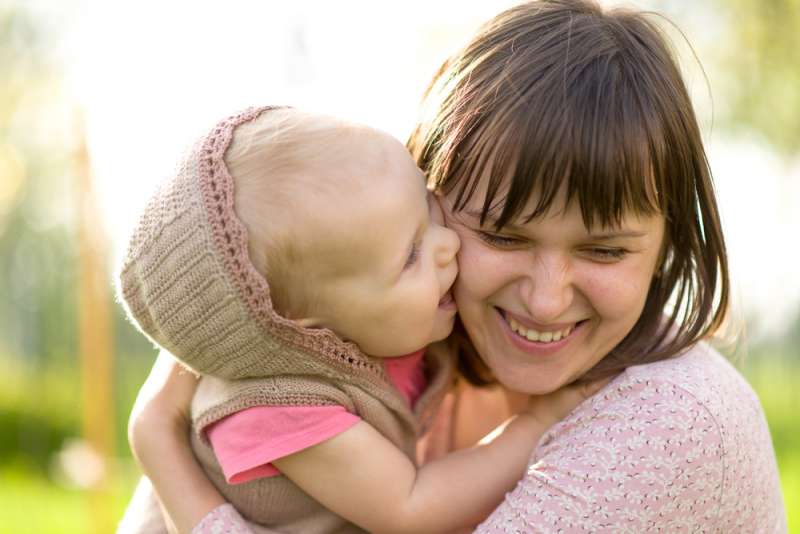
This Too Shall Pass
Just like with most other struggles of parenthood, this too shall pass. Biting, hitting and other forms of physical aggression are almost always just a temporary stage of your child’s development. With your guidance, they will learn that these behaviours are inappropriate as well as learn how they can deal with their feelings in a more appropriate manner such as by simply talking about how they feel. It’s normal to feel embarrassed, angry, or frustrated when dealing with a physically aggressive baby or toddler. Just remember that however you may be feeling, it is important to not react on these negative feelings alone. Staying calm and reacting firmly and quickly is of the upmost importance when dealing with these types of things. Try not to worry too much even if your efforts at stopping the negative behaviours seem useless. Even if your baby is still biting or hitting now, they won’t do it forever.


